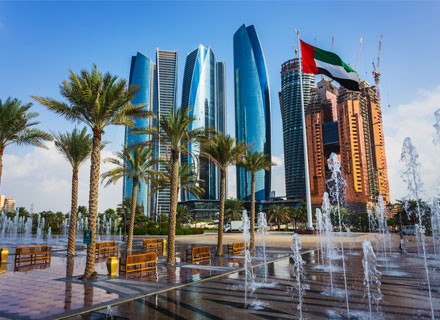The International Monetary Fund (IMF) recently announced that the state of recovery of the Middle East and North Africa (MENA) region primarily lies in making key changes to policy frameworks of the region, according to media reports. It has been observed that several countries in the region, including the Gulf countries, have made significant strides in several sectors, but it has been primarily inconsistent.
This was announced during the launch of its annual Middle East and Central Asia Regional Economic Outlook report that outlines the region’s post-pandemic progress and the policies that can help secure a better recovery.
The panel was moderated by Jihad Azour, Director of the Middle East and Central Asia Department at the IMF, Badr Jafar, CEO of Crescent Enterprises, Sherif Kamel, Dean of the American University in Cairo School of Business, and Monica Malek, Chief Economist of Abu Dhabi Commercial Bank.
Azour, during the meeting, said, “Since the beginning of this year, the MENA region has made good progress and the recovery is ongoing despite the new outbreaks. Yet, the recovery is uneven and incomplete, with new challenges emerging, such as rising inflation and inequities. Countries with higher vaccination rates, less dependence on tourism, and more policy space will recover more quickly and experience less scarring in the longer term. Oil exporters will benefit from higher oil prices.”
Even though a large number of challenges are creeping up from the region, Jafr noted that there are some positive trends happening in the private sector. Apart from a rise in venture capital investments, and a conscious shift towards embracing Environmental Social Governance (ESG) principles in business, the private sector is becoming more and more essential to reach the nation’s goals.

